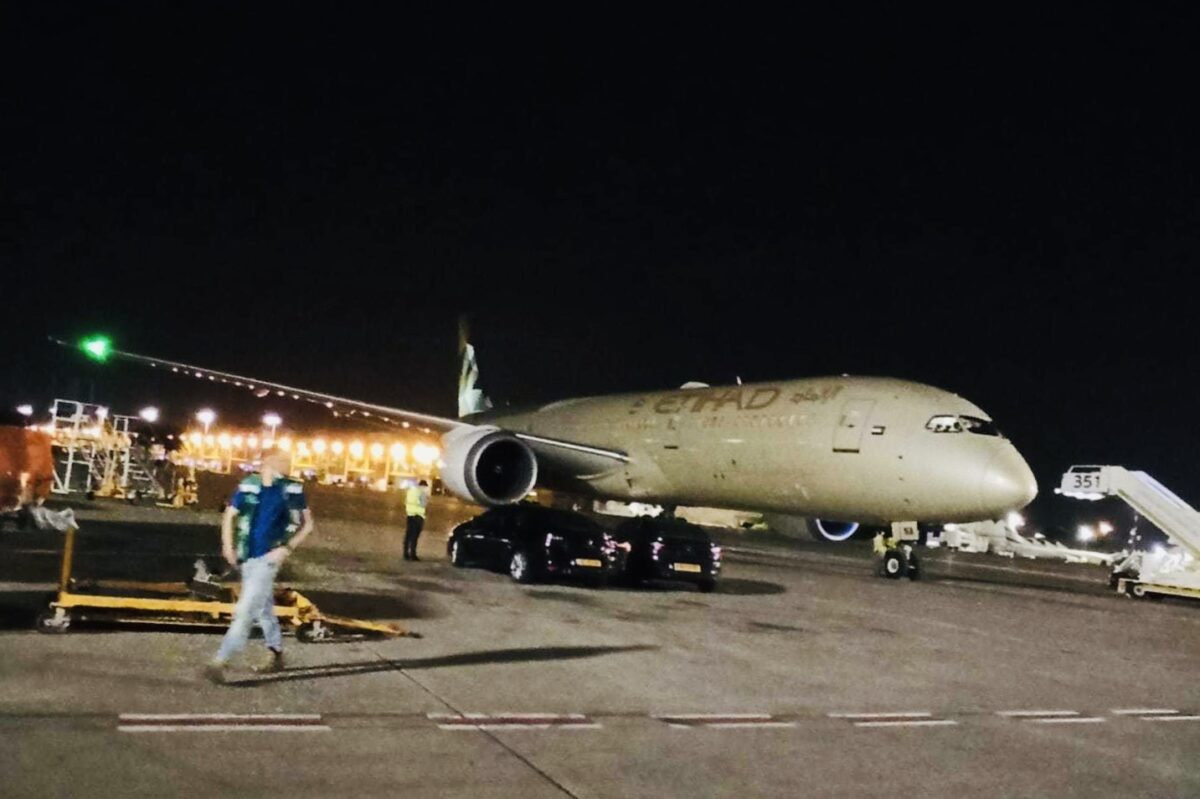The United Arab Emirates, a conservative, pro-American Arab state, regards Israel as a potential partner, but its willingness to establish formal diplomatic relations with it is constrained by one overwhelming obstacle, the Arab-Israeli dispute.
A federation of seven emirates, including Dubai, the UAE has cozied up to Israel in recent years. Two factors account for its comparative openness to the Jewish state. It fears Iran as a threat to regional stability and believes that Israel has the ability to counter the Islamic fundamentalist Iranian regime. As well, the UAE is interested in acquiring knowledge from Israel in the fields of security, technology, health care and agriculture.
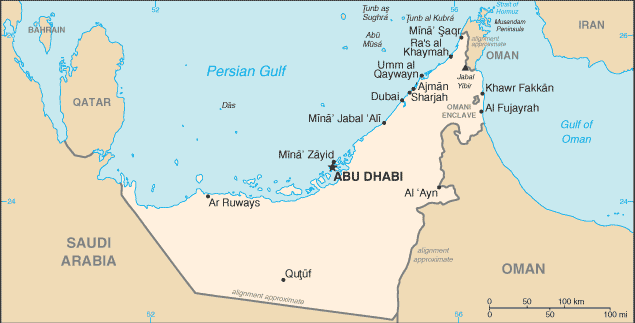
The UAE is not the sole Arab nation that has opened up to Israel. Neighboring Arab states such as Bahrain, Saudi Arabia and Oman have similarly expressed a desire to improve relations with Israel under optimum conditions.
The United States, which has launched a campaign of “maximum pressure” against Iran, has actively supported Israel’s gradual rapprochement with the Gulf states, a process that began in earnest a couple of years ago.
In 2018, Prime Minister Benjamin Netanyahu visited Oman and was welcomed by its aging ruler, Sultan Qaboos bin Said, who has since died. In the same year, Crown Prince Mohammed bin Salman of Saudi Arabia acknowledged that Israelis “have the right to have their own land” and that relations between Israel and the kingdom could be mutually beneficial.
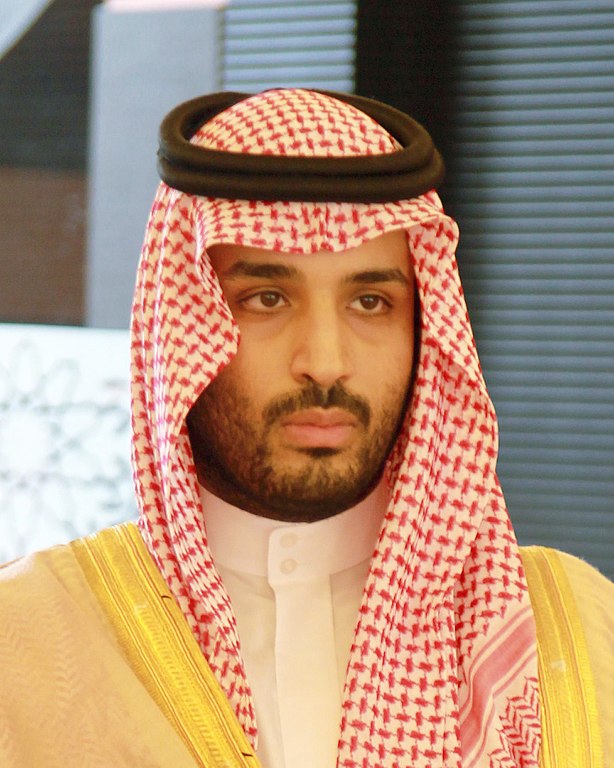
A year and a half ago, Bahrain’s foreign minister, Khalid bin Ahmed al-Khalifa, disclosed that his country would “eventually” establish relations with Israel.
Of all the Persian Gulf nations that have expressed a readiness to recognize Israel, the UAE — a former British colony — may well be in the forefront of this emerging trend.
Israeli cabinet ministers Israel Katz, then foreign minister, and Miri Regev, then culture and sports minister, paid visits to the UAE two years ago. Katz was promoting an initiative to sign non-aggression pacts with the Gulf states, an objective that still eludes Israel. Regev was attending an international sports event to which Israeli athletes had been invited.
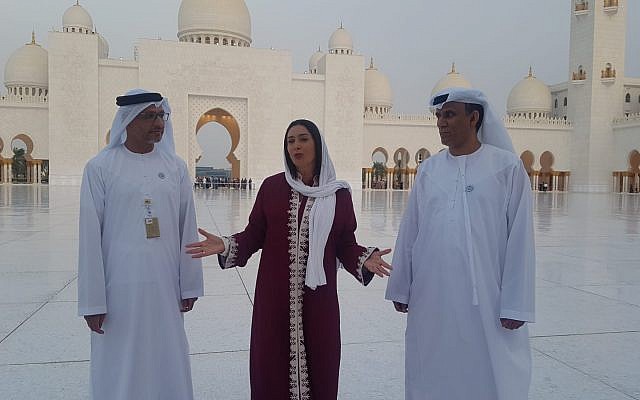
Last year, the UAE’s foreign minister, Abdullah bin Zayed al-Nahyan, tweeted his approval of a story in the British magazine The Spectator that an “Arab-Israeli alliance is taking shape in the Middle East.”
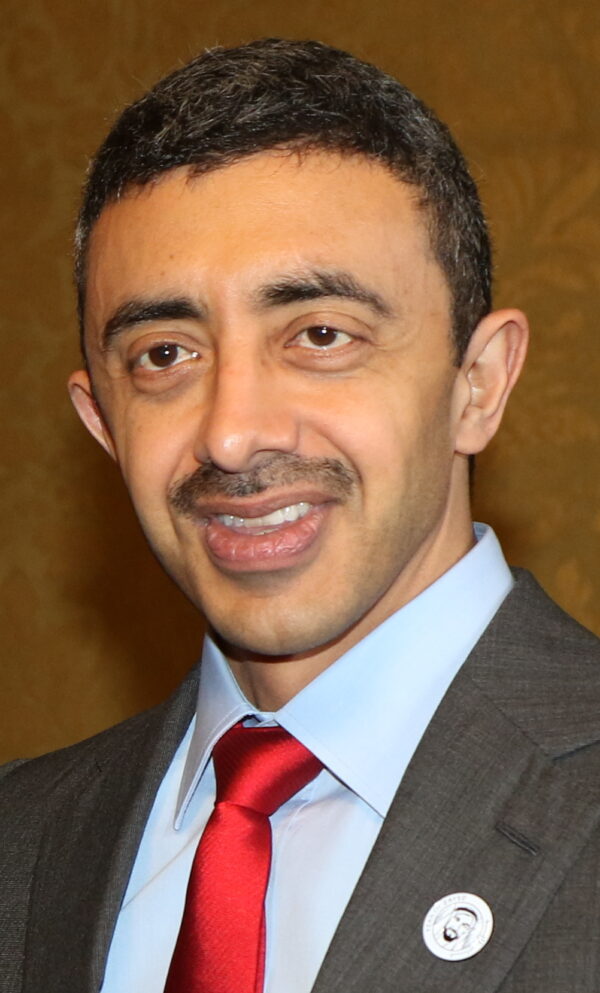
Earlier this year, the UAE’s flagship carrier, Etihad Airlines, dispatched two cargo planes to Israel carrying tons of medical supplies bound for the Palestinians in the West Bank and the Gaza Strip to help them cope with the coronavirus outbreak.
The first aircraft, which landed at Ben-Gurion Airport in May, carried no official insignias. The second plane, which arrived this month, was emblazoned with the UAE’s flag and the Etihad logo.
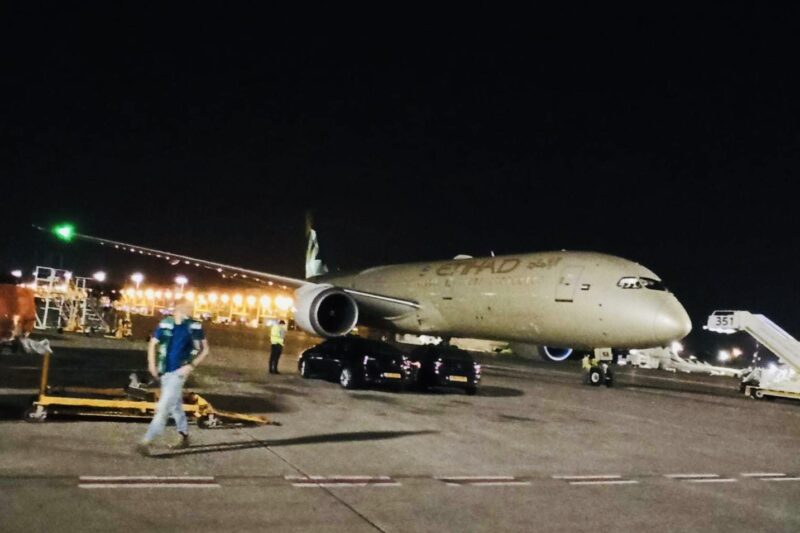
In both instances, the Palestinian Authority refused to accept the supplies, claiming that the “humanitarian” flights were a thinly-disguised cover for Israel to normalize relations with the UAE and complaining that it had not been consulted in advance.
Despite this glitch, Israel is pushing ahead with its quest to normalize relations with the Gulf states. Buoyed by the changing political landscape in the Middle East, Netanyahu, in 2019, tweeted, “I welcome the closer relations between Israel and many Arab states. The time has come for normalization and peace.”
Netanyahu seems to believe that this objective can be achieved without resolving Israel’s bitter dispute with the Palestinians and in the face of its proclaimed intention to unilaterally annex parts of the West Bank.
Netanyahu’s glib assumption hangs by a slender thread. Politically, the Gulf states cannot afford to officially recognize Israel unless it reaches a peace agreement with the Palestinians, a dim prospect at the moment.
This was amply illustrated on June 25, when Netanyahu announced a new partnership with the UAE in the battle against the coronavirus, only to witness its diminishment some hours later.
Netanyahu falsely portrayed it as a government-to-government agreement. “Our ability to work against the corona pandemic can also serve the entire region,” he said. “It creates opportunities for us for open cooperation that we have not known so far with certain countries.”
Yet only a few hours later, in a Twitter posting, a UAE Foreign Ministry spokeswoman contradicted Netanyahu’s optimistic reading, saying the accord was actually signed by four private companies rather than by the governments of Israel and the UAE.
That the UAE took the trouble to convey this salient point, thereby embarrassing Netanyahu, was indicative of its diplomatic caution and also symptomatic of a sharp division of opinion within the UAE’s leadership toward Israel.
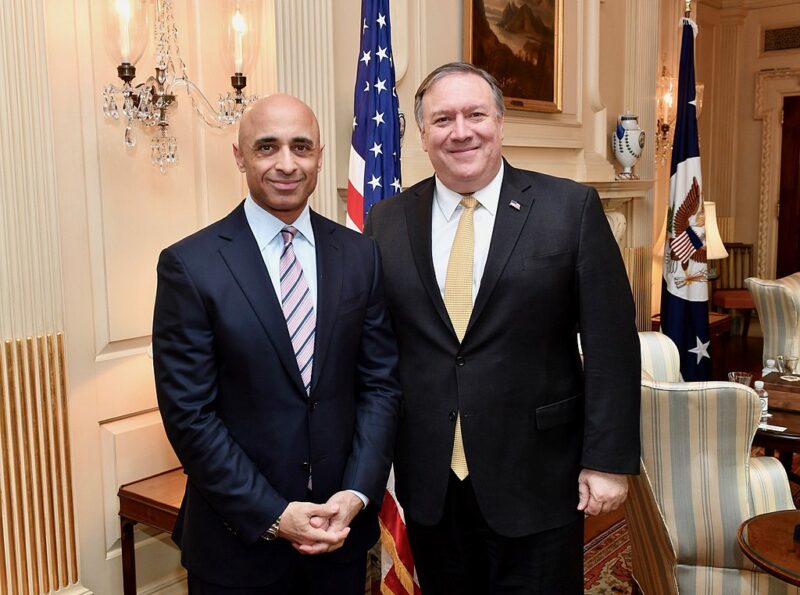
The UAE’s ambassador to the United States, Youssef al-Otaiba, presumably represents the hardline faction. A few weeks ago, he wrote an op-ed piece for the Israeli daily Yedioth Aharonot in which he warned that Israel’s annexation of the Jordan Valley and its network of settlements and outposts in the West Bank “will certainly and immediately upend Israeli aspirations for improved security, economic and cultural ties with the Arab world and the UAE.”
Shortly afterwards, the UAE’s minister of state for foreign affairs, Anwar Gargash, who stands in the diametrically opposite camp, delivered a far different message.
In a speech to the American Jewish Committee, Gargash called for greater Arab cooperation with Israel, despite the UAE’s disagreement with the Israeli government over the Palestinian issue and despite his personal opposition to Israel’s annexation plan. As he put it, “Can I have a political disagreement with Israel, but at the same time try and bridge other areas of the relationship? I think I can. I think that is fundamentally where we are.”
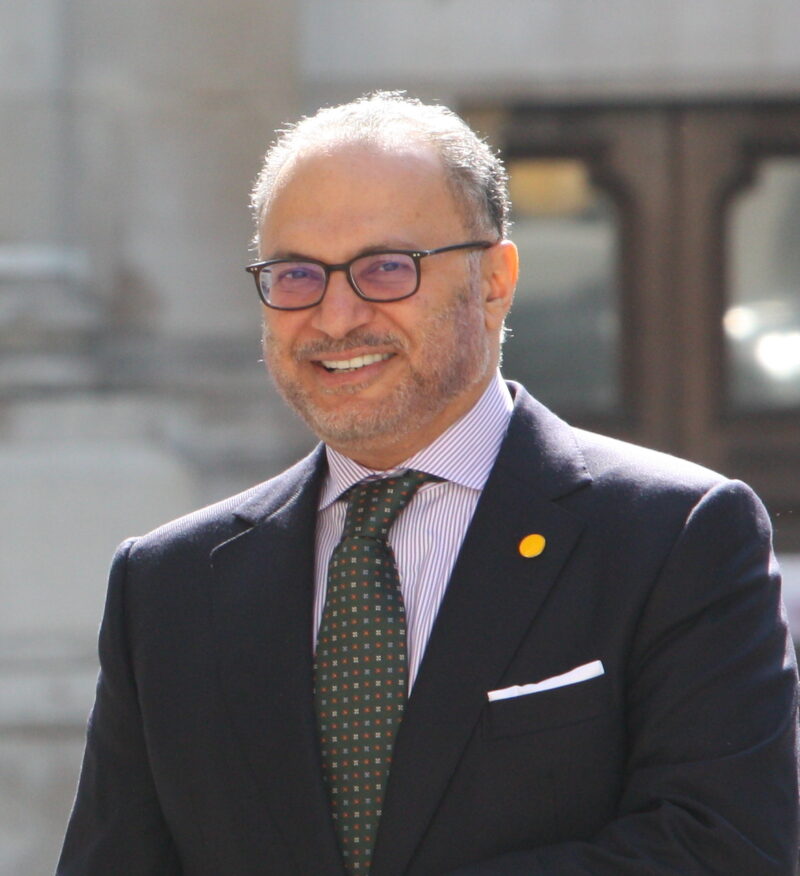
Gargash pointed out that Egypt and Jordan, which have signed peace treaties with Israel, “led the way on having more normal relations with Israel.”
“I think we can come to a point where we come to a given Israeli government … and say, we disagree with you on this (annexation), we don’t think it’s a good idea, but at the same time there are areas, such as COVID-19, technology and other things, where we can actually work together.”
He added, “What we see today is that negotiations, and having lines of communication open, actually will yield better results for us and for the Israelis.”
Gargash’s pragmatic views are a source of encouragement to the present Israel government, but in all probability his ideas run against the grain of Arab public opinion.
In spite of its conflict with the Palestinians, Israel has made significant inroads in establishing unofficial ties with Arab countries such as the UAE, Bahrain and Oman. But Israel should not be under any illusions.
Full Israeli normalization with the Arab world will not occur unless Israel normalizes its relations with the Palestinians, embraces a viable two-state solution, and ends all discussions of annexing territory that, in all fairness, should be ceded to a future Palestinian state within the framework of a comprehensive peace accord that assures Israel’s security.
Only then will Israel be in a position to forge normal bilateral relations with Arab states like the UAE.
